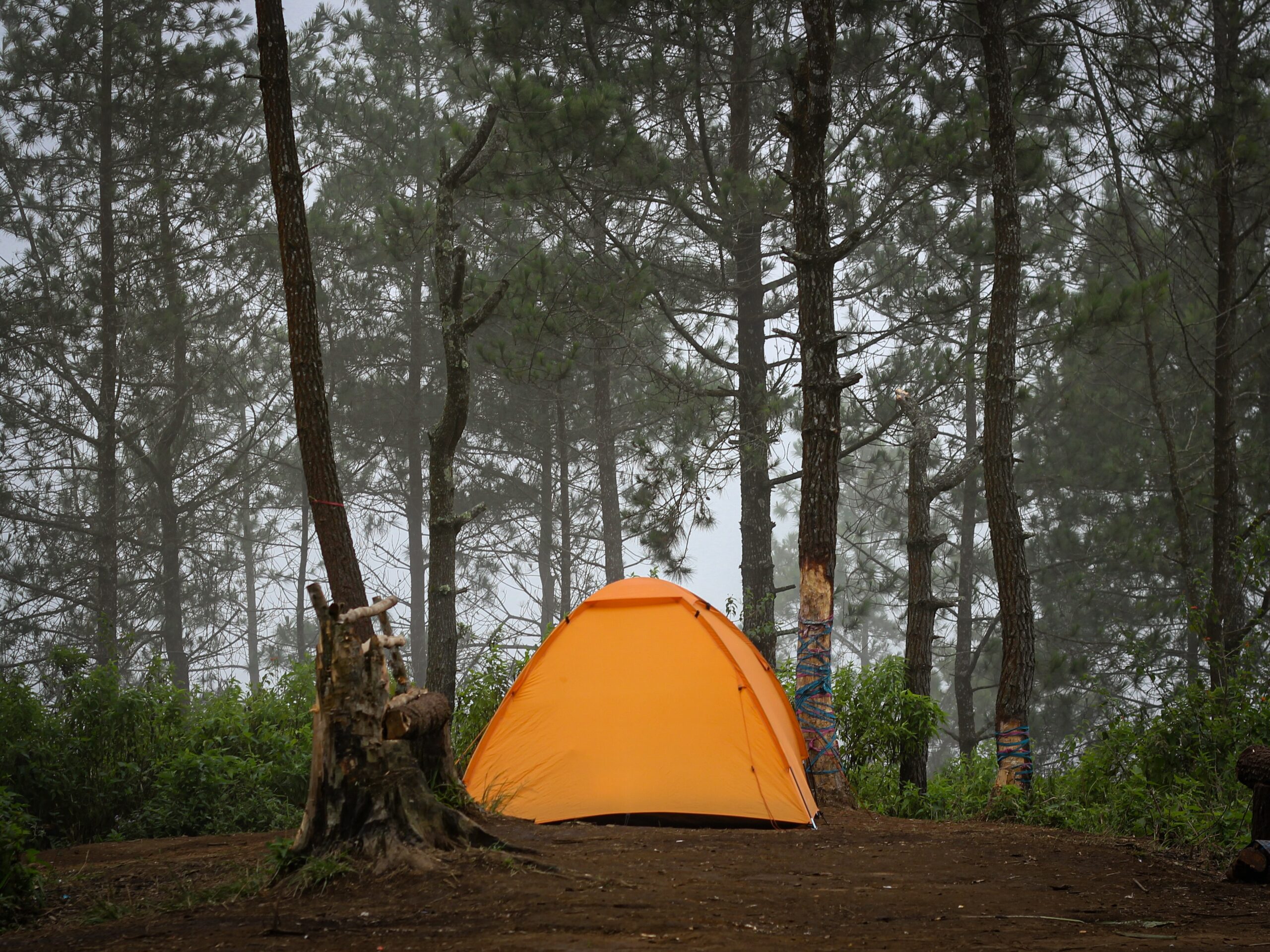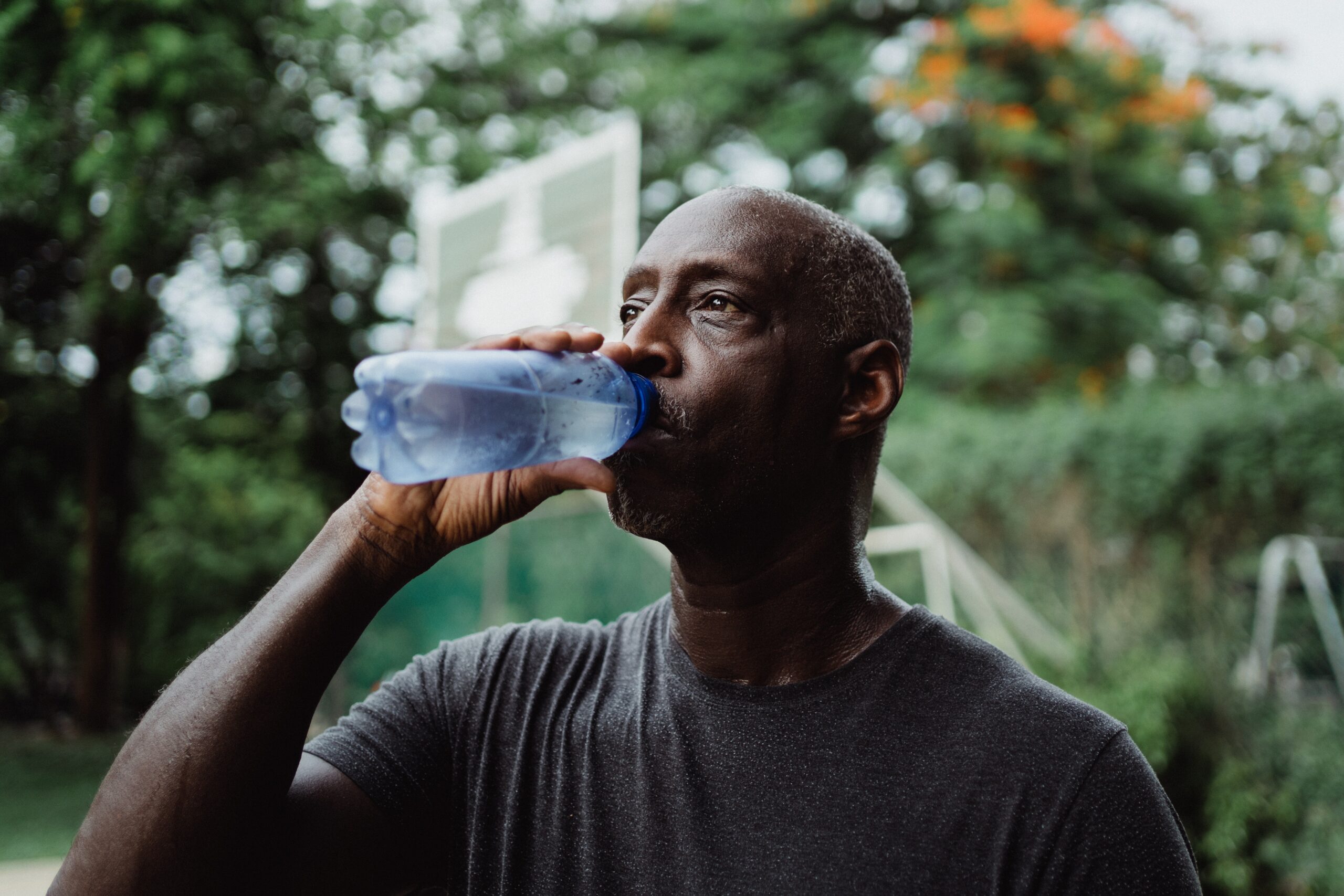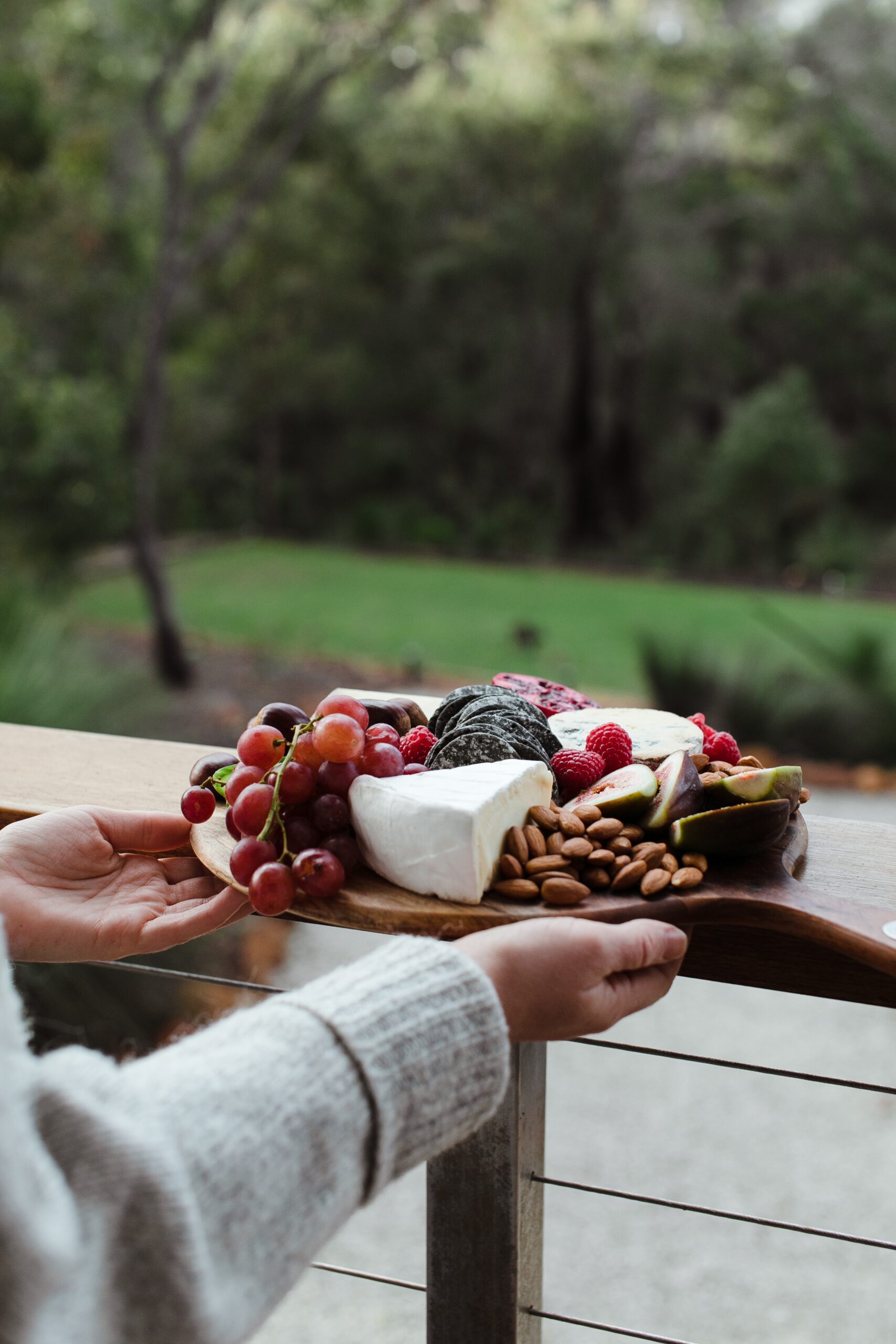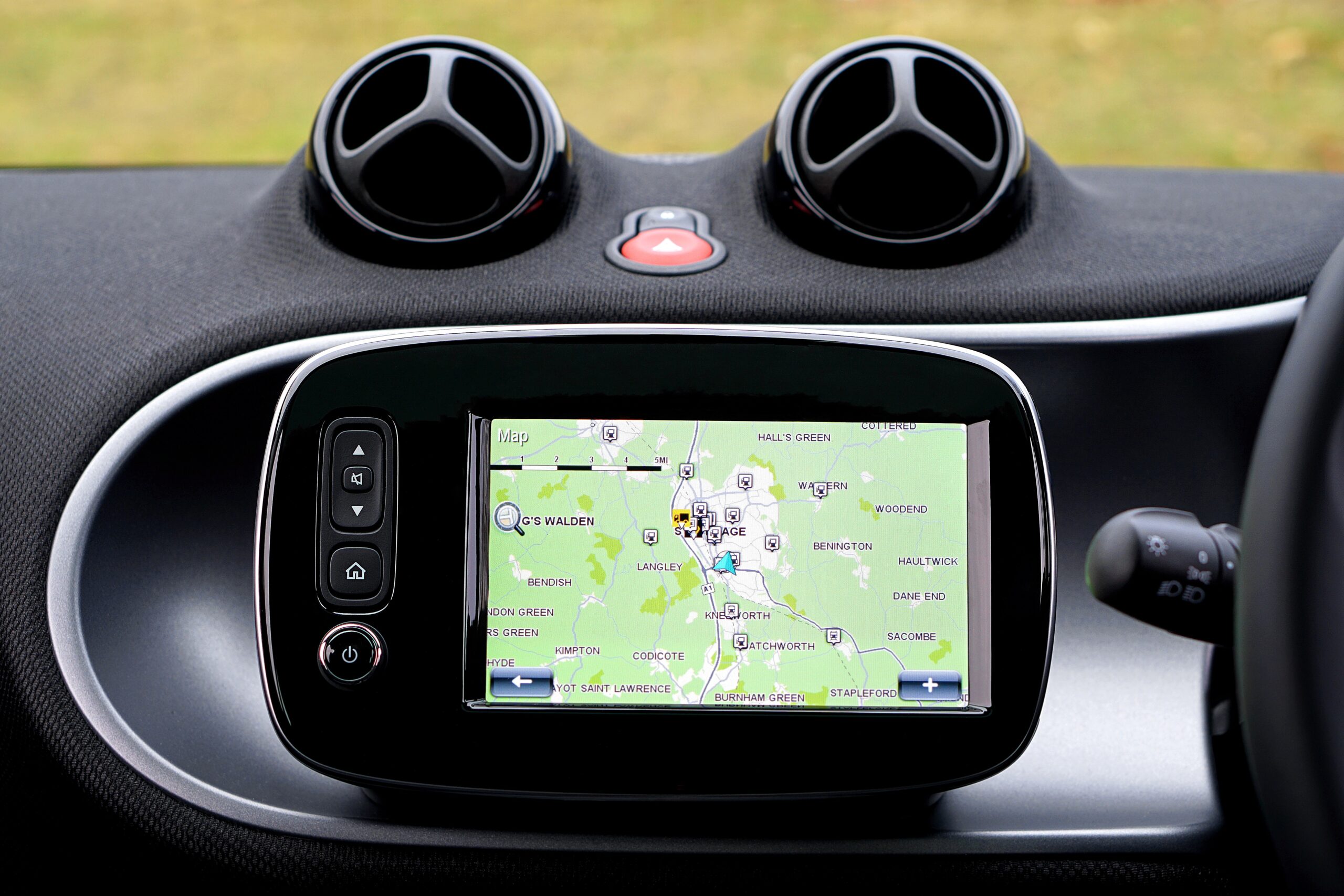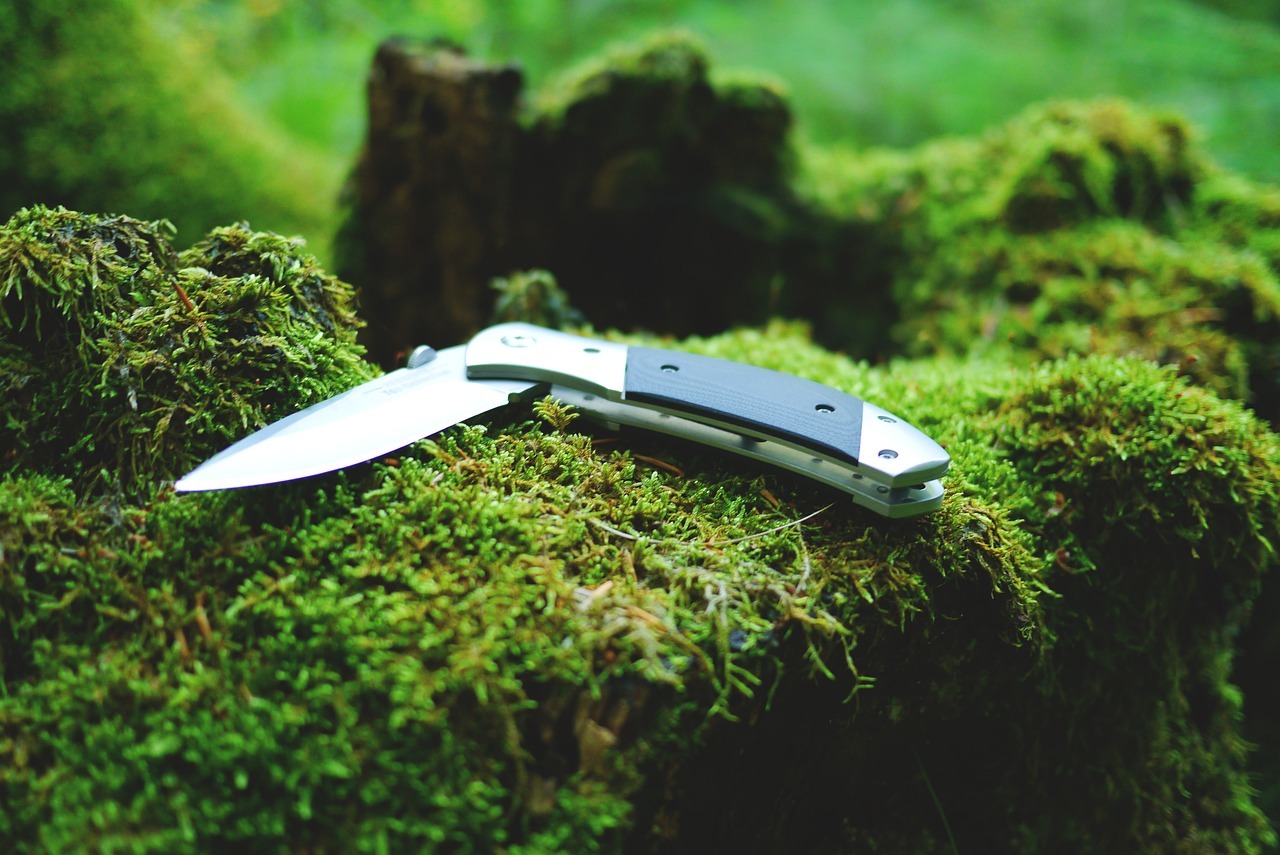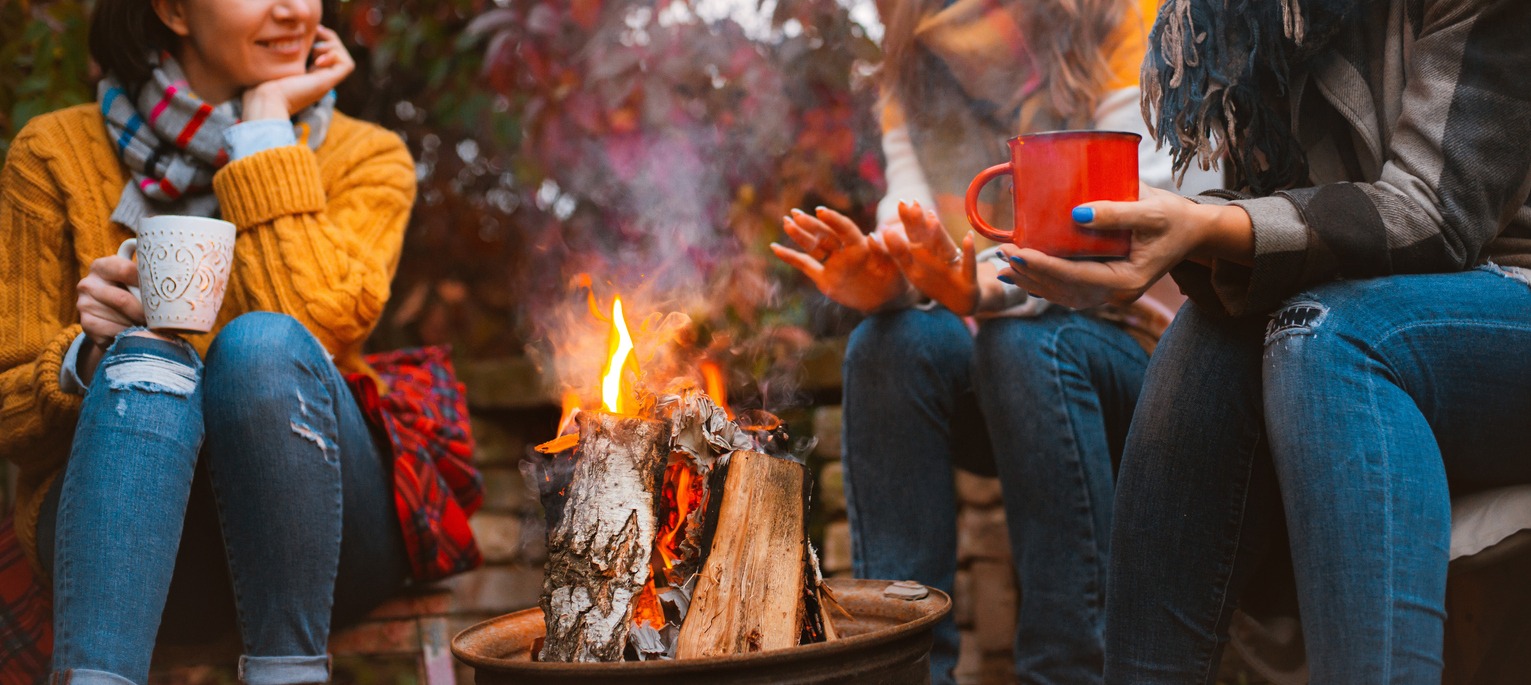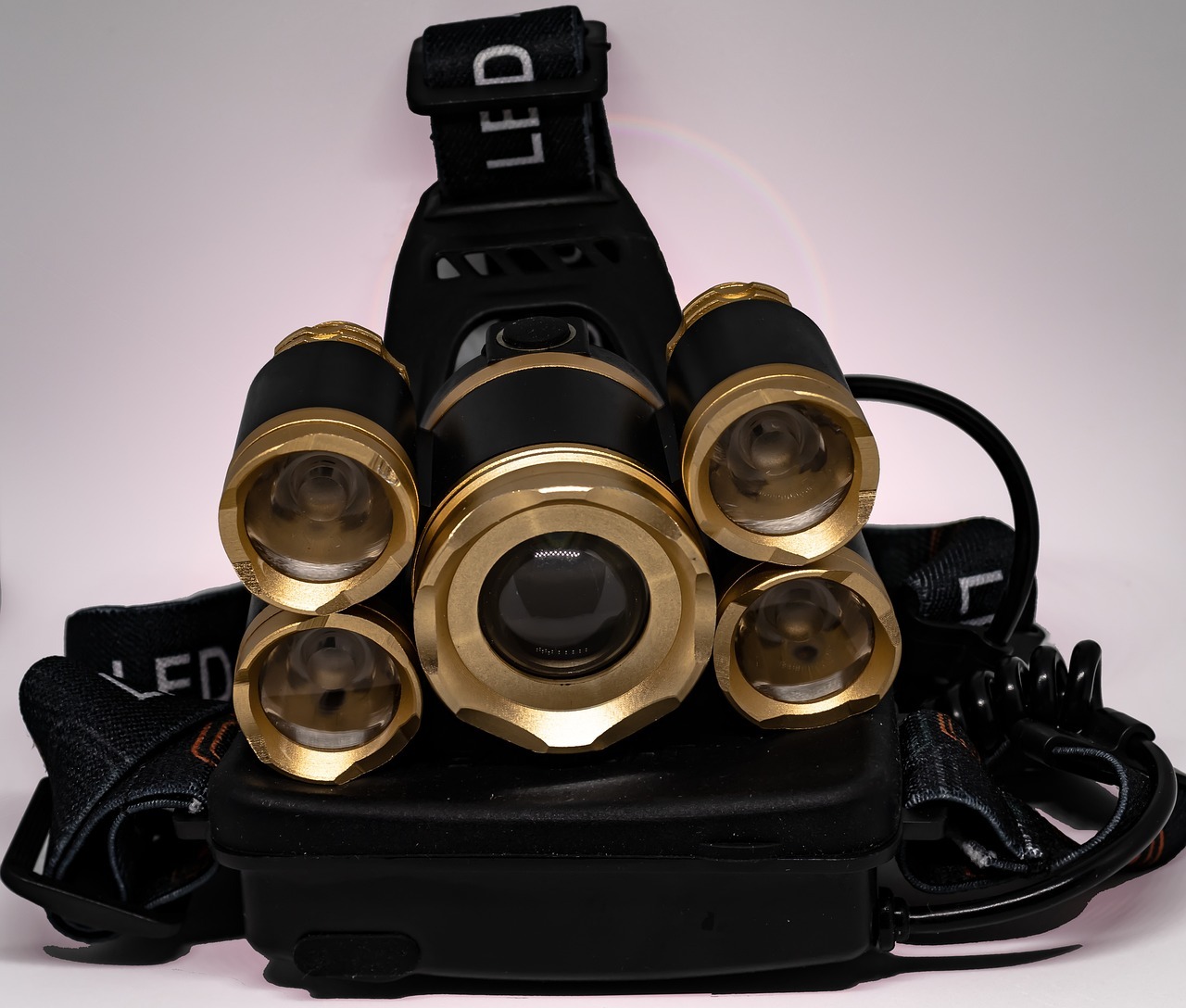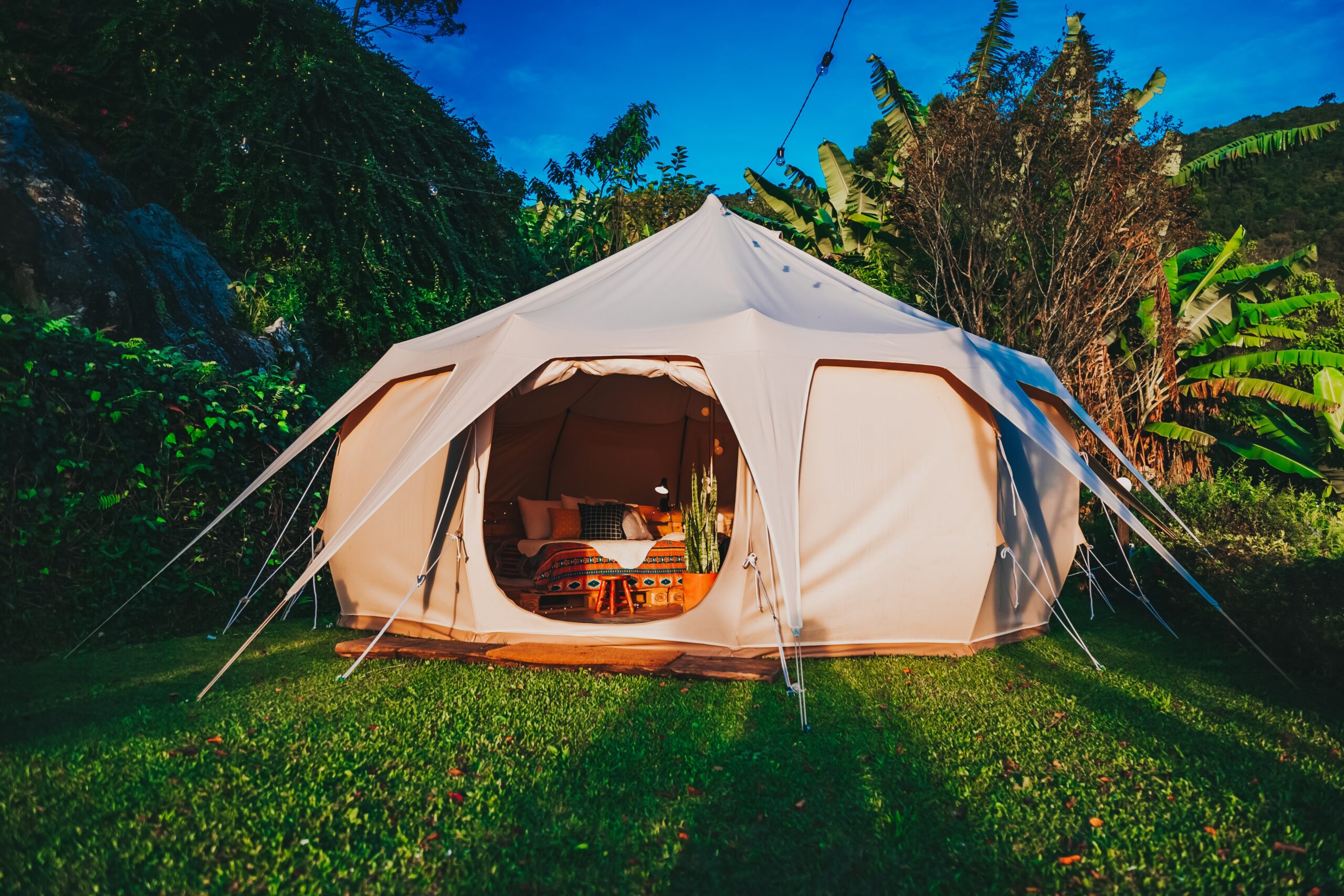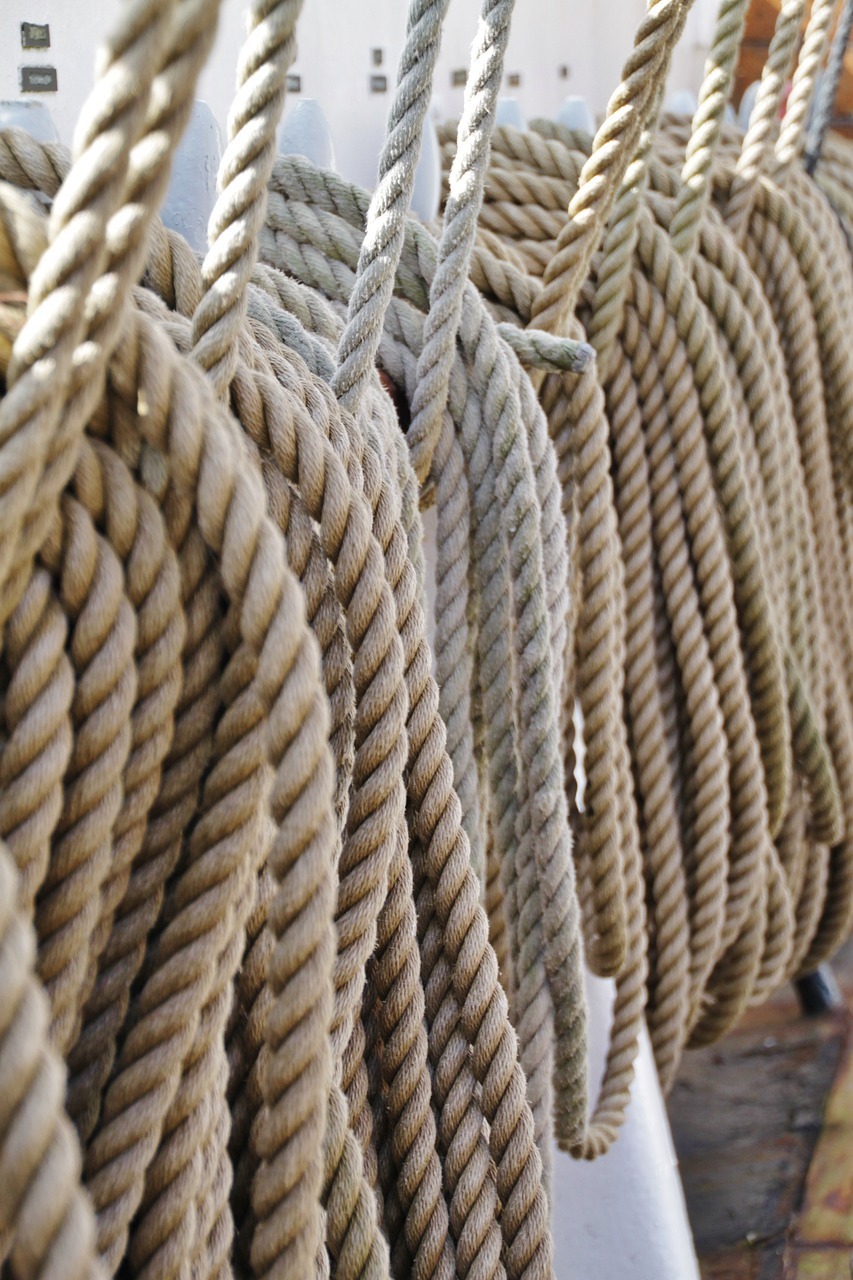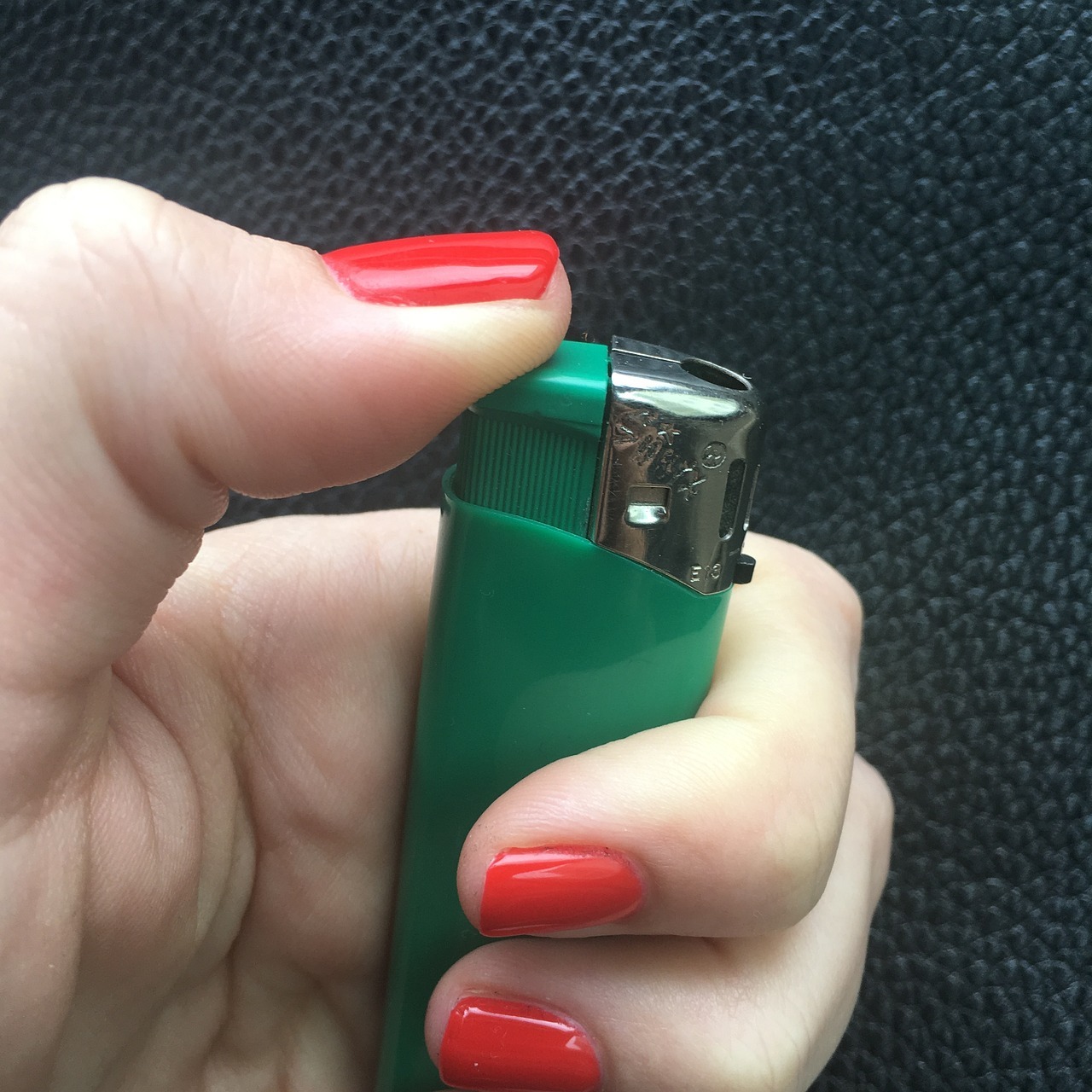From the fresh air, awe-inspiring paths, stunning natural attractions, to the chance to reconnect with nature, forest camping undoubtedly provides a unique experience and incredible adventure. No surprise that more people are engaging in the activity and enjoying all the benefits it offers.
If you decide to try camping yourself with your friends and family, remember that there are an array of dangers lurking in the wilderness. That is why bringing a basic survival kit is invaluable, as it helps ensure that everyone gets home safe should any emergency situation or disaster strike.
Yet, it doesn’t mean that you need to throw everything into your bag. A well-conceived forest camping survival kit with the crucial items is what you need to keep you ready should anything go wrong. To help out, here are the ten must-haves you need to assemble and carry in your camping survival kit.
1. Water
As a general rule of thumb, an average person cannot survive more than 3 days without drinking water. Depending on the weather conditions, water loss from your body may strike more quickly, which is why you need to make sure that your body is adequately hydrated. You also need water for cooking food, cleaning wounds, or repairing gear. With that, you should always carry enough water, especially if you are camping for a couple of days. It’s also best that you bring some type of water filter. You can find lots of water sources in the forest, but drinking them straight can make you sick. A water filtration system can be handy in ensuring that you have access to clean, safe drinking water.
2. Food
Like water, food is essential to keep your body going and perform any physical and mental task. Opt for energy-rich snacks and foods that will fuel you to do all the activities at hand. Best food items to bring include nuts, seeds, dried fruit, protein bars, cereals, oatmeals, whole grains, preserved meat, and hard cheeses. These foods are high in the essential minerals, fats, protein, and fiber your body needs for the trip. Plus, they are often ready-to-eat or easy-to-prepare, making them perfect for outdoor trips.
3. Navigation Tools
Forests are often unfamiliar territories. It’s easy to get lost along the way, putting you in great peril. Though technology is undeniably a great tool, you cannot solely rely on GPS devices or your smartphone, given that their batteries may drain or there can a loss of connection
So, throw in a topographic map and compass in your survival kit so you can navigate back to safety. These two won’t take much space, which is why there’s no reason not to carry them on your trip. Yet, be mindful that they can only be effective if you know how to read and use them. Take time to learn more about these tools weeks or days prior to your camping adventure. There are lots of courses, training, or instructional videos online you can take to hone your map reading and compass skills.
4. First Aid Kit
No matter how careful you are, accidents, injuries or illnesses may still happen during your camping trip. Having a first aid kit is vital as you can use them to clean and dress wounds, relieve pain, prevent infections, or stop bleeding until you’re able to seek necessary medical help. Depending on the location, length of your trip, and complexity of the activities you’re going to partake in, you can assemble simple and lightweight first aid kits into more fully equipped ones.
5. Camping Knife
A camping knife is a versatile tool that you can use when building your shelter, preparing or hunting for food, cutting strings, clearing paths, sharpening sticks, and many other uses. It can also be a self-defense weapon, given that you know how to properly wield it. As such, it’s important that you invest in a good, durable and reliable camping knife as it will make your camping adventure easier in a multitude of ways and can also be your life-saver in the wilderness.
6. Proper Clothing
The weather is extremely tricky. You leave your home on a hot, sunny late morning only to experience a bad thunderstorm in the afternoon at your camping location. So, whenever you go camping in the wild, always prepare for the worst. Pack layered clothing and a raincoat or jacket to keep you warm during heavy rain or during cold nights. That way, you can lessen the risk of experiencing hypothermia or getting colds, flu, or worse, pneumonia. Skip on cotton as it is less insulating. Opt for more breathable fabric during the hot times of the day.
7. Headlamp or Flashlight
One of the hardest situations is being stuck in an emergency situation in the dark. It will be harder for you to navigate and observe your surroundings, putting you at greater risks of tripping, incurring injuries, or getting attacked by wild animals. Whether you’re planning a day trip or an overnight stay, it’s always smart to bring a headlamp or flashlight in your survival kit. If you can add some extra batteries, that’s a huge plus.
8. Shelter
Having a shelter is vital to any survival situation. It serves as your refuge during weather extremities, such as rain or strong winds, or your protection against wild animals lurking in the forest. Of course, putting up a tent is the most ideal choice, especially if you’re staying for a couple of days. If you’re in for a quick camping trip instead and didn’t bring a tent to its weight and bulkiness, you can use a tarp or even a large trash bag to create an emergency shelter.
9. Cordage
Cordage is another multipurpose item that you should never miss placing in your survival kit. You can use it to build a makeshift shelter, tie bundles of wood, climb steep points, drag animals, and even make food lines or clotheslines. These strings are usually made of nylon or metal wire, which makes them lightweight, sturdy, and portable, making it perfect for the given gamut of uses.
10.Matches or Lighters
While you can make fire the traditional way, it can be nearly impossible to start one if you’re faced with an emergency situation. It’s advisable to pack a matchbox or lighter in your survival kit instead. It will provide a guaranteed way to start a fire without spending too much time and effort needed in the rudimentary method. With that, you can cook whenever you want, get warm during cold nights, or keep wild animals away with a single strike.
Final Words
All these items are necessary items you should not overlook in your forest camping survival kit. Of course, ensuring your safety doesn’t end there. See to it that you’re also mentally and physically fit for this outdoor activity. Research beforehand about your camping location. Secure necessary permits from any tourism agency or the authorities. And lastly, inform your loved ones about your trip so they can also help should the need arises.

